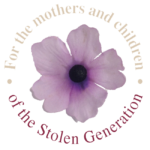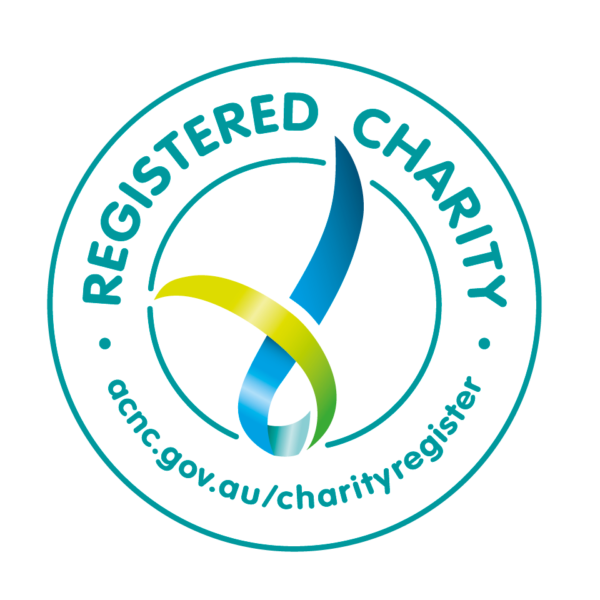WARNING: First Nations people should be aware this document may contain words, descriptors and terms which may be culturally sensitive.
On 26 May each year, National Sorry Day remembers the mistreatment of those known as ‘The Stolen Generations’ – Aboriginal and Torres Strait Islander people who were forcibly removed from their families and communities.
Around 36% of Aboriginal and Torres Strait Islander adults are descended from generations who were removed. For many in our community, it’s a day of reflection and grieving.
But it can also be a day to take action and look at how we can all play a part in the healing process for our people and nation.
This year marks 25 years since the Bringing them Home Report was tabled in parliament with 54 recommendations. This report was the report of an enquiry by the Australian Government into past policies which caused children to be removed.
This year also marks 25 years of no systemic response to that report from the Australian Government.
The Healing Foundation is a national Aboriginal and Torres Strait Islander organisation that partners with communities to address the ongoing trauma caused by actions like the forced removal of children from their families.
In 2021 it published the Making Healing Happen: It’s time to act report, an in-depth insight into the experiences of Stolen Generations survivors and their subsequent needs as they grow older. It presents demographic data about where Stolen Generations survivors and their families live, and it considers the impact of forced removal on Stolen Generations descendants. We recommend reading it.
“Healing is fundamental to First Nations peoples reaching their full personal, cultural, social, educational, and economic potential. Healing is about restoring the wellbeing, strength of spirit, family connections, and lore that has made Aboriginal and Torres Strait Islander cultures the oldest living cultures on earth.”
– The Healing Foundation
We’ve put together some tips on how we can work on our own healing around the time of National Sorry Day.
- If you know someone needing further support, check out The Healing Foundation
- Support The Healing Foundation by asking your local Member of Parliament about what action they are taking to support a National Intergenerational Healing Strategy.
- Purchase flowers from the KSGAC. The KSGAC Stolen Generation Flower (often referred to as the National Sorry Day flower), the five-petal Native Cotton, Desert Rose or Native Hibiscus, was chosen by members to symbolise the scattering of the Stolen Generations and their resilience to the eugenic polices of Australia.

- Check out if there are any local events in your community or Reconciliation events in your city
- Research local history – maps of Stolen Generations Institutions and other information about Stolen Generations on AIATSIS.
- Book a Cultural Tour through a local First Nations Tour Guide
- Buy books from First Nations publishing house Magabala Books
- Host your own screening through the Black Screen Collection at National Film and Sound Archive Australia
- Activity – hold a yarning session to share information on your research and flower making activity from repurposed materials with family, friends or work colleagues in colours of the National Sorry Day Flower. (insert > Sorry Day Flower Activity template).
- Wear Sorry Day flower brooches on the 26th May
You can share your feelings and experiences around National Sorry Day over on Ember Connect Live, our free online platform. Ember Connect Live is a living, breathing meeting place where we can gather, share stories and experiences, learn, and grow. It illuminates a path for our women to seek out their truest aspirations in a society where we are valued.

